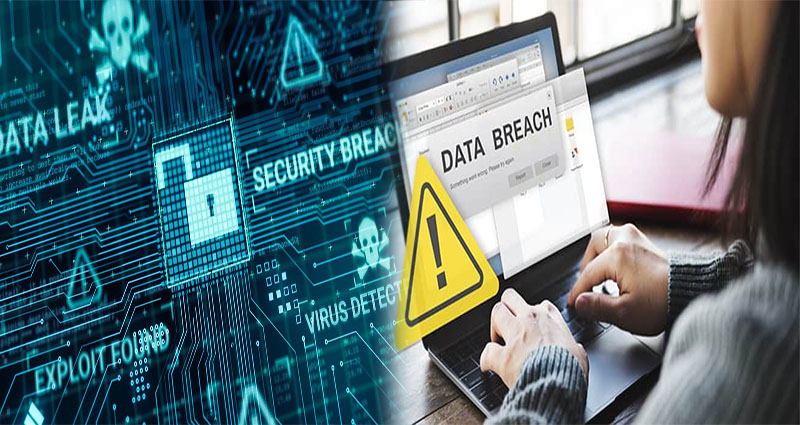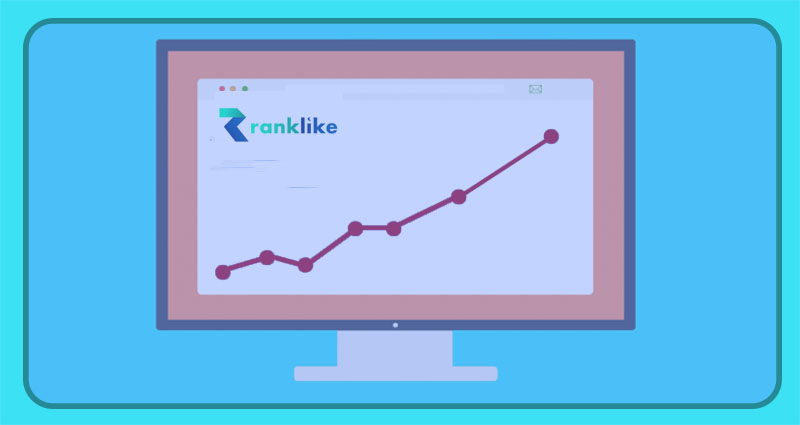Real-World Examples of Cybersecurity Breaches in Financial Institutions
Cybersecurity breaches have become a common and significant threat to financial institutions around the world. These breaches can result in sensitive data being exposed, financial losses, and damage to the reputation of the organization. Let’s take a look at some real-world examples of cybersecurity breaches in financial institutions:
1. Equifax Data Breach
In 2017, Equifax, one of the largest credit reporting agencies in the United States, suffered a massive data breach that exposed the personal information of approximately 147 million people. The breach was caused by a vulnerability in the company’s website software, which allowed hackers to access sensitive data such as Social Security numbers, birth dates, and addresses. The fallout from the breach included multiple lawsuits, regulatory investigations, and a significant decline in Equifax’s stock price.
2. JPMorgan Chase Data Breach
In 2014, JPMorgan Chase, one of the largest banks in the U.S., experienced a data breach that affected … Continue reading >>>











